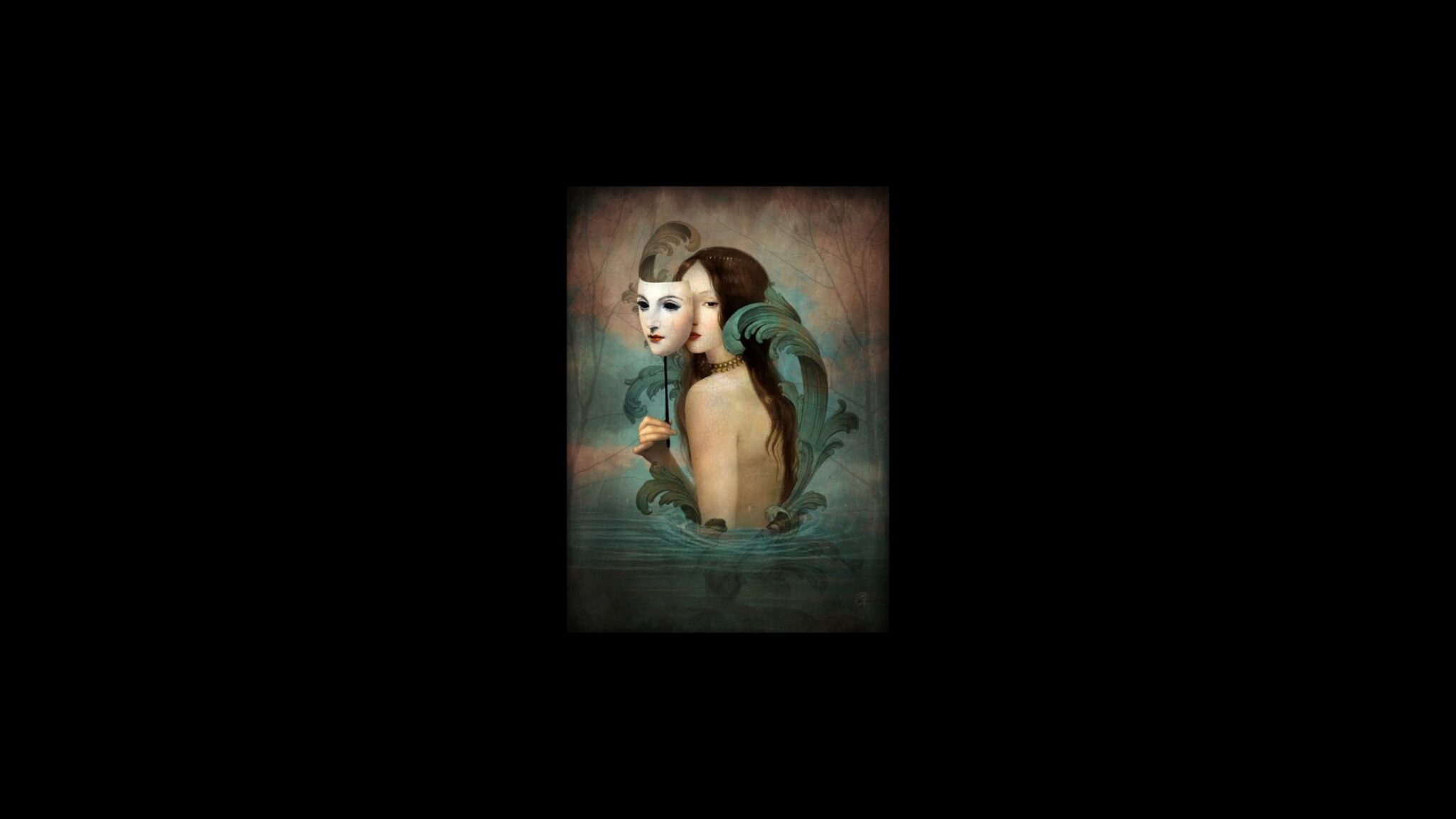When Projection Meets Love: Anima, Animus, and Role-Playing in Relationships
We often think we’ve fallen in love – but Jung would whisper: “It’s not really them. It’s your animus or anima.”
Sounds complicated?
Not really, once you see what’s happening in the psyche.
At its core, projection is an unconscious trick of the mind: the parts of ourselves we haven’t yet integrated – our strengths, potentials, longings, and even our shadows – get “pushed” onto others. And here’s the fascinating part: the person we project onto often starts acting out that role, almost as if they’ve been handed a script from our unconscious. Have you ever felt like you were in such a “movie”?
In romantic attraction, it often unfolds like this:
A woman projects her animus – her inner masculine principle – onto a man she meets. He may unconsciously lean into that idealized role, sensing her unspoken expectations and subtly mirroring them back.
A man projects his anima – his inner feminine principle – onto a woman, and she too may “become” what the projection expects. The chemistry feels electric, almost fated, because we aren’t just meeting a person – we’re meeting our own inner world reflected back.
It’s intoxicating. Projection feels like magic because, for a while, it is. We see brilliance, depth, tenderness, or strength in the other, and it feels like finally coming home. But that “home” is built partly from our own psyche.
The same happens with ex-partners.
Strong emotional bonds leave imprints, and those traits get carried forward. A new partner may unconsciously step into the role of the ex, and suddenly we’re caught in a complex dance of idealization, nostalgia, and disappointment. Intuitive people often feel this: even without knowing what’s going on, there’s a subtle sense that something doesn’t quite fit – like déjà vu with an emotional undertone.
And here’s the deeper truth: we think we love someone for who they are, when in reality we might be in love with our own ideal, our unintegrated parts, or even our fantasy.
Relationships become mirrors.
What attracts us or irritates us in a partner often reflects aspects of ourselves we haven’t fully owned. Once we notice this, we can begin to separate: Who is this person really? And what have I unconsciously added onto them?
But projections aren’t mistakes – they’re invitations. They show us the shape of our inner world: our shadows, our hidden potentials, and our anima/animus energies. When we recognize and integrate these projections, love shifts. It stops being an illusion propped up by fantasy, and becomes something authentic.
That’s when connection feels liberating. We no longer perform roles or expect partners to carry our unconscious ideals. Instead, we meet each other as we truly are – two individuals, free, whole, and able to love without illusion.
So next time you feel “in love” and everything seems perfect, pause and ask yourself:
Do I love this person for who they are? Or am I loving my animus/anima?
Maybe it’s a little of both – but if we can hold that consciously, we step into real love rather than projection.

